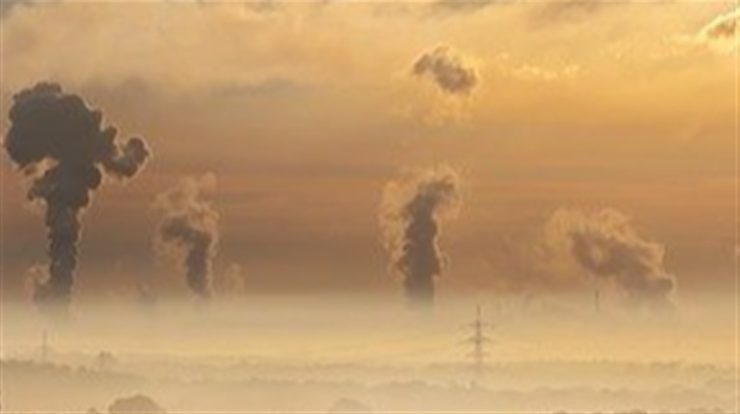
Researchers say reducing the carbon footprint of the world’s richest people may be the fastest way to get to net zero. A study shows that the wealthy have a disproportionately large carbon footprint, and the percentage of global emissions they bear is increasing.
In 2010, the 10% of the most prosperous families emitted 34% of global carbon dioxide, while the 50% of the world’s population in the lowest income groups represented only 15%. In 2015, the richest 10% were responsible for 49% of emissions, compared to 7% produced by the poorest half of the world’s population. Reducing the carbon footprint of the richest may be the quickest way to get to net zero, says Amy Ambrose, professor of energy policy at Sheffield Hallam University and author of the study published in Science Direct.
In terms of UK energy demand, the bottom half of the population accounts for less than 20% of final demand, less than the richest 5% consume. While their homes may be more energy efficient, heavy consumers will likely have more space to heat up. They also own and use more fancy items and gadgets.
Ambrose said the cost-of-living crisis is likely to push lower-middle-income earners to reduce their carbon emissions by going on holiday to the UK, if at all, and using less fuel. However, those who consume the most are unlikely to have to make these changes.
“It is easier for wealthier consumers to absorb these cost increases without changing their behavior,” Ambrose said. “Unlike the less affluent, the thermostat doesn’t go down and the idea of not taking a long trip to find some sun is out of the question.
In most countries, prior to COVID-19, less than half of people reported flying at least once a year, while more than half of passenger airline emissions were related to the 1% of people who travel often. “In many ways, the wealthy are largely insulated from rising energy costs,” Ambrose said. But combating excessive personal consumption is not something the government or politicians have on the agenda. This is bad news for our planet and our prospects of reaching net zero.”
